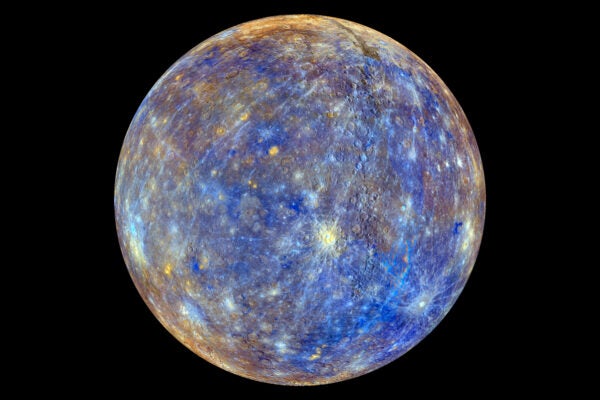In a recently published landmark survey, 10,000 young people between the ages of 16 and 25 were asked to share how they feel about climate change and governments’ response to it. The results paint a dismal picture: more than 50 percent of respondents reported being very or extremely worried about climate change, with 84 percent at least moderately worried. Half feel “sad, anxious, angry, powerless, helpless, and guilty.” This study is the first large-scale investigation of climate anxiety in young people.
Climate anxiety, also called eco-anxiety and climate distress, is a form of psychological distress related to the climate crisis—an overwhelming sense of fear, sadness, and existential dread in the face of a warming planet.
Research from Nick Obradovich, Robyn Migliorini, Martin P. Paulus, and Iyad Rahwan shows that mental health and climate change are inextricably linked. Exposure to extreme weather events, like droughts, floods, fires, tornadoes, and fire tornadoes, is occurring more frequently, worsening the mental health of those who experience them. Obradovich et al. found that “shifting from monthly temperatures between 25° C and 30° C to >30° C increases the probability of mental health difficulties by 0.5% points, [and] that 1° C of 5-year warming associates with a 2% point increase in the prevalence of mental health issues.”
As these disasters unfold, young people are constantly reminded of their role in the problem. They’re told that “how often they fly and what foods they consume will, at an aggregated level, have an impact on the situation,” writes psychologist Maria Ojala. “Subsequently, the climate threat is not foremost related to self-focused worry but rather to concern about the wellbeing of others (for example, future generations, people living in economically deprived countries and the natural world).” Climate anxiety, writes Ojala, “is a worry mixed up with guilt.”
So how are people—young people, especially—attempting to cope with climate anxiety? Ojala describes three common strategies. One is “de-emphasizing,” where the person perceives climate change as a problem that “does not concern them, instead viewing it as an issue that only affects people in faraway countries and future generations.” This type of strategy is “related to a sense of not being able to influence the climate change problem,” and it’s mostly used by boys.
Others cope using “emotion-focused strategies”: “[distancing] themselves from negative emotions through distraction…evading hearing about climate change by, for instance, not listening when teachers talk about the topic.” Still others may turn to “problem-focused strategies,” in which they “search for information about what they can do…For example, they may stop eating meat, or encourage others to care about climate issues.” This strategy is more common among girls and is driven by a belief in the individual’s power to have a positive influence on a global problem.
Weekly Newsletter
Ojala suggests a fourth and more constructive category: meaning-focused coping strategies. This includes positive reappraisal (appreciating small victories) and placing trust in figures like scientists and environmental organizations. Collective engagement on environmental issues is also related to feelings of hope and well-being. And intergenerational support is key.
Constructive coping strategies can help people fend off the maelstrom of grief and anxiety caused by climate change. People can work to understand their role in the global problem and take part in collective action that inspires what Ojala calls “constructive hope.” She writes: “Climate change cannot be solved at once, only in the distant future and after collective global action…Hope can help [people] confront the problem and bear the burden of taking on climate change without becoming overwhelmed.”
Support JSTOR Daily! Join our new membership program on Patreon today.







